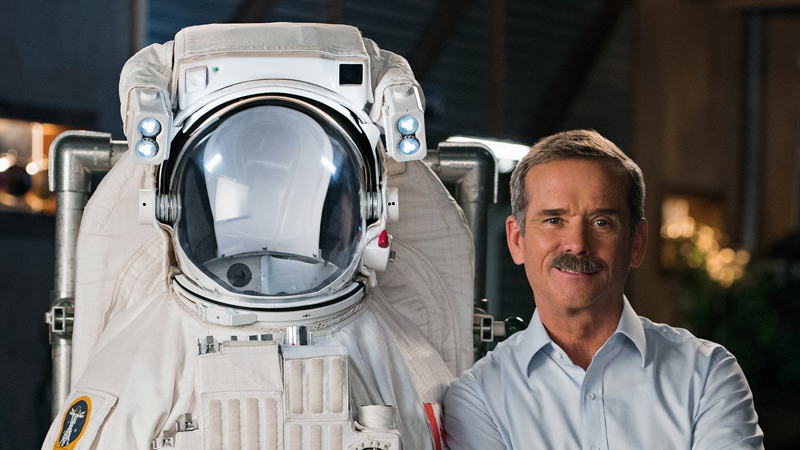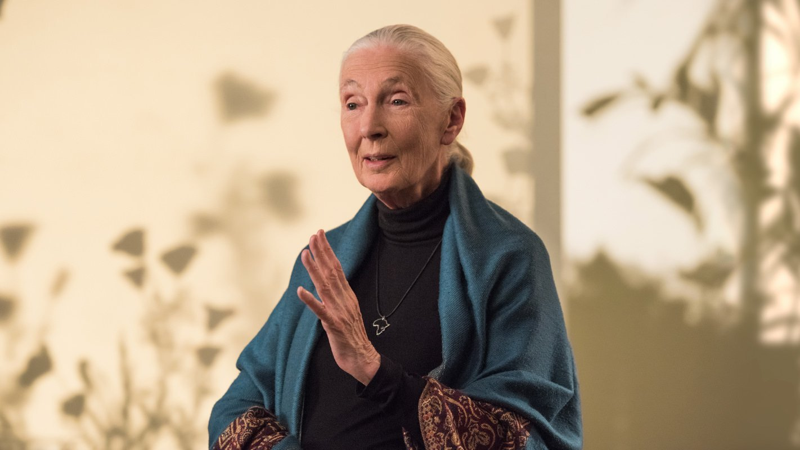Course overview
- Provider
- Futurelearn
- Course type
- Free trial availiable
- Deadline
- Flexible
- Duration
- 4 hours
- Course author
- Danielle D'Lima
Description
People all over the world are facing multiple serious threats to their well-being. From global warming to the burden of chronic disease, there is a need for different disciplines and professionals to work together towards a common purpose of helping people to behave differently.
On this course, you’ll be supported to think about problems in terms of behaviours and apply principles and practices that can enable change.
Discover why behavioural science is importantUsing frameworks based on behavioural science, you’ll learn a systematic method for developing interventions.
You’ll consider how to define a behaviour, and then see how to distinguish behaviours from what influences them and the outcomes they lead to.
Explore behaviour change toolsYou’ll be introduced to three behavioural science tools, understand how they link together, and how they can be applied. You will also learn how to select key behaviours from a ‘system’ of behaviours.
As you find out how to think about behaviours in their context, you’ll conduct a ‘behavioural diagnosis’ to understand what influences them, and develop appropriate intervention strategies.
To understand behaviours and design interventions to change them, you will become familiar with the Capability Opportunity Motivation – Behaviour (COM-B) model, the Behaviour Change Wheel (BCW), and the Behaviour Change Techniques Taxonomy (BCTT).
From behavioural science interventions to policiesBehavioural science experts at UCL will guide you through different types of behaviour change intervention and related policy options.
You’ll leave this course understanding key principles and practices of behaviour change. You’ll learn how to apply these to the problems you want to tackle and emerge confident about how to change behaviours for the better.
Similar courses

-
7 hours
-
29 lessonsCertificate

-
5 hours
-
29 lessonsCertificate


